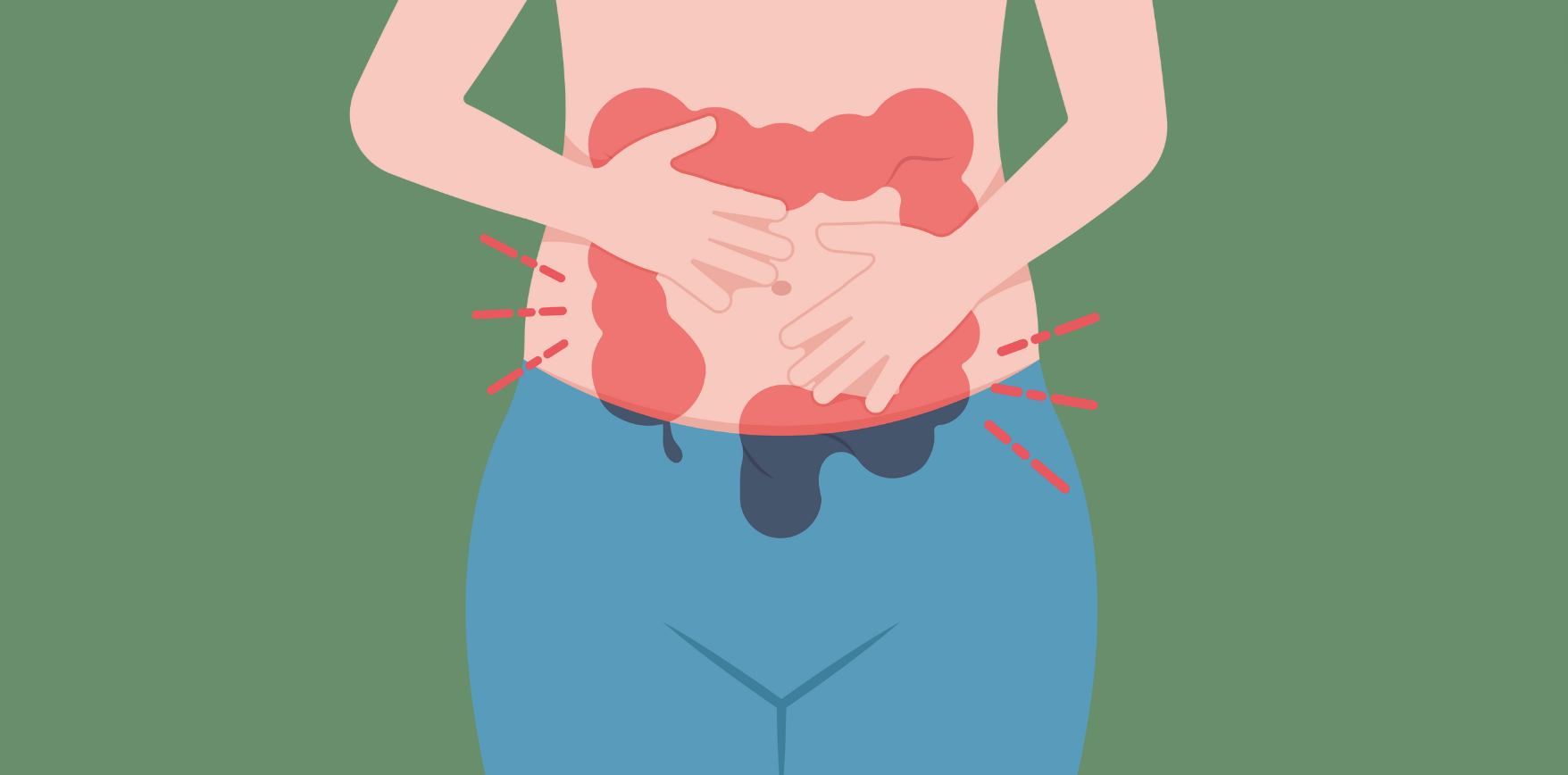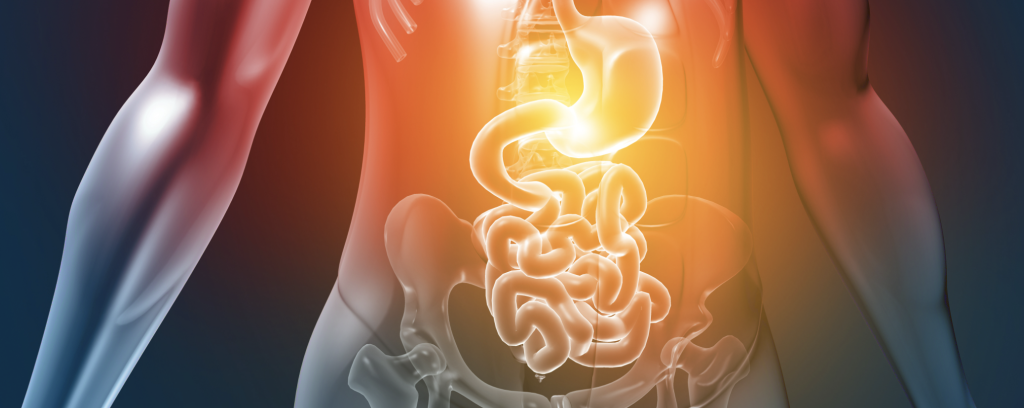

Corhn’s disease is a type of inflammatory bowel disease (IBD) characterised by
chronic inflammation of the digestive tract. It can affect any part of the gastrointestinal (GI) tract, from the mouth through to the anus, but it most commonly affects the small intestine and the beginning of the large intestine.
Abdominal Pain and Cramping: These can range from mild to severe and may be concentrate in the lower right abdomen.
Diarrhoea: Chronic diarrhoea, sometimes containing blood or mucus is a very common symptom.
Fatigue: Due to malabsorption of nutrients and the body’s constant effort to combat inflammation.
Weight loss: Malabsorption and reduced appetite can lead to unintended weight loss.
Fever: In response to the ongoing inflammation.
Mouth Sores: These can develop in some individuals.
Reduced Appetite: Due to pain and discomfort
Perianal complications: Such as fistulas (abnormal connections between the GI tract and other organs) or abscesses.
While the exact cause of Crohn’s disease remains unknown it is believed to
involve a combination of genetic, environmental and immune system. Some
potential triggers and risk factors include:
Genetics: Family history of IBD can increase the likelihood of developing Crohn’s disease
Immune System Dysfunction: An overactive immune response may
mistakenly attack the digestive tract.
Environmental factors: Smoking, a high fat diet, and stress are among the
factors that may contribute to the development or exacerbation of Crohn’s
disease.
Gut Microbiota: Imbalances in the gut microbiome may play a role in inflammation.

Managing Crohn’s disease can be challenging, particularly when it comes to nutrition. The condition can interfere with the body’s abilitys to absorb nutrients, leading to deficiencies. Here are some nutritional challenges often associated with Crohn’s disease:
Malabsorption: Inflammation and damage to the digestive tract can impair
the ability to absorb essential nutrients.
Reduced Appetite: Pain and discomfort can lead to a decreased desire to eat, further contributing to nutrient deficiencies.
Weight Loss: Ongoing inflammation and malabsorption can result in
unintentional weight loss.
Nutrient-Specific Deficiencies: Common deficiencies include iron, vitamin B12, vitamin D, calcium and folate.
Nutrition plays a crucial role in managing flare ups and improving the quality of life for those affected. Here are the key nutrients and dietary strategies that can help:
Protein: Maintaining an adequate intake of protein is essential for healing and maintaining muscle mass. Lean meats, poultry fish and plant-based sources like tofu or legumes are good options.
Iron: Many Crohn’s sufferers have iron deficiency due to chronic bleeding or malabsorption. Iron supplements or iron rich foods like lean red meat, spinach and fortified cereals can help.
Vitamin B12: Deficiency in B12 is common and will need to be regularly monitored. Supplements may be necessary to maintain levels.
Calcium and Vitamin D: These nutrients are essential for bone health. Incorporate dairy or fortified plant based dairy products, leafy greens, and sun exposure for vitamin D.
Omega 3 Fatty Acids: These can help reduce inflammation. Fatty fish like salmon and flaxseeds are good sources.
Folate: Leafy greens, fortified cereals, and legumes are folate rich foods that can help prevent deficiencies.
Nucleotides: Recent research has shown the potential of nucleotides in managing the regulation of the immune system, repair damaged gut tissue, and improve gut barrier function.
Low Fibre Diet: During flare ups a low fibre diet can reduce irritation to the digestive tract. Opt for well-cooked peeled fruits and vegetables, and lean
proteins.
Small Frequent Meals: Eating smaller, more frequent meals can help manage symptoms and provide necessary nutrients without overloading the digestive system.
Nutritional Supplements: In some cases, nutritional supplements may be
prescribed to ensure adequate nutrient intake.






Accepting payments via


YourHealthBasket © 2025
detoxpeople Ltd
Registered in England & Wales 07156741
VAT reg GB 103 3641 60
Our new practitioner portal has been released and it’s now easier than ever to link a client’s account and provide them with suggestions using our new protocol system.
Convert your current cart into a protocol which can then be assigned to a linked client.